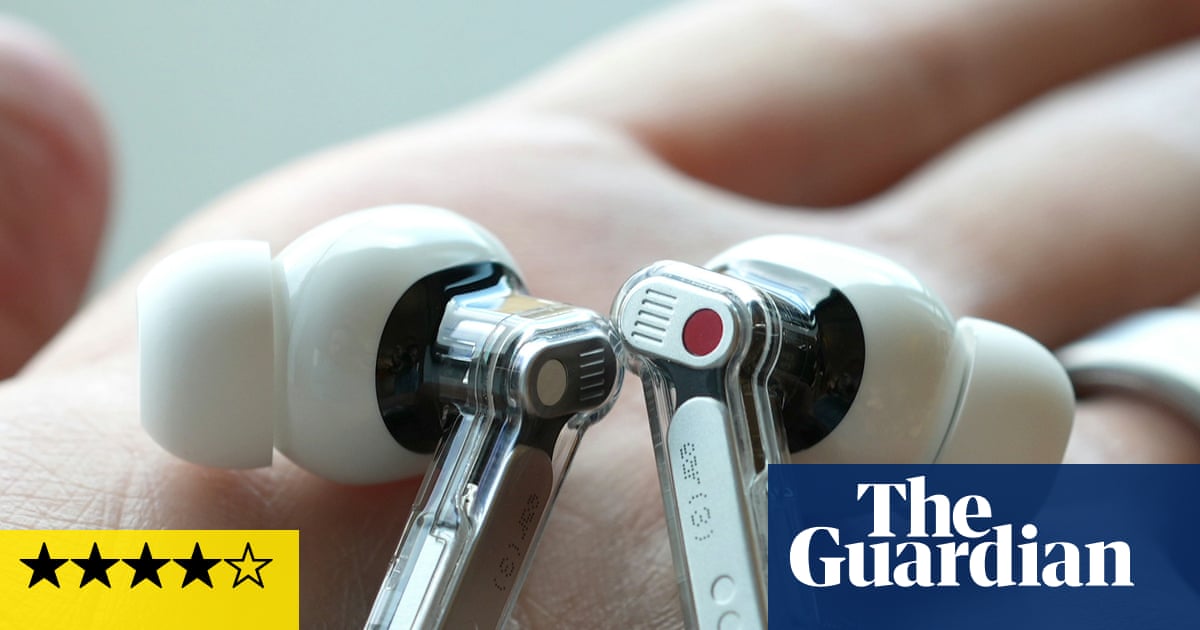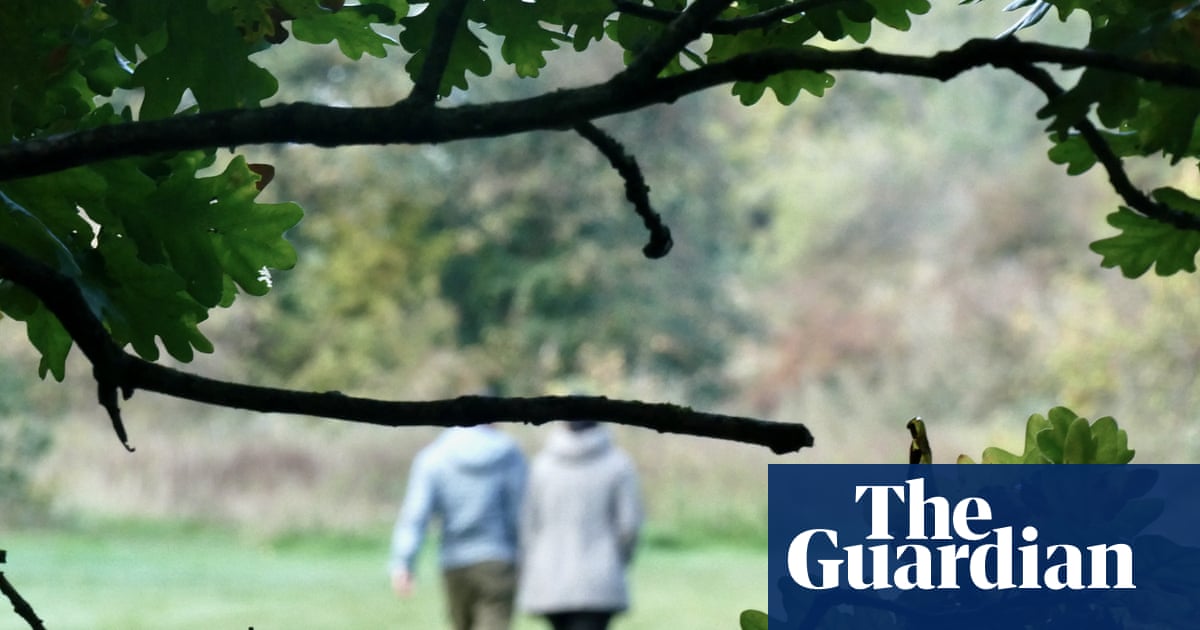NHS health checks are to include questions about the menopause for the first time, ministers have announced, with millions of women in England expected to benefit.
Adults aged from 40 to 74 who do not have a pre-existing long-term health condition are eligible for an NHS health check every five years. The checks are intended to identify those at higher risk of heart and kidney disease, type 2 diabetes, dementia and stroke.
The checks will also include questions about the menopause, which the Department of Health and Social Care (DHSC) estimates could help as many as 5 million women. The questions will be written over the next few months and ministers hope the change will take effect from 2026.
The health secretary, Wes Streeting, said the change would give women “the visibility and support they have long been asking for.”
“Women have been suffering in silence for far too long,” he said, and they are “left to navigate menopause alone, with very little support – all because of an outdated health system that fails to acknowledge how serious it can be.
“No one should have to grit their teeth and just get on with what can be debilitating symptoms or be told that it’s simply part of life.”
About three-quarters of women have menopause symptoms such as hot flushes, night sweats, depression and sleep problems, and a quarter describe them as severe.
According to National Institute for Health and Care Excellence guidance, hormone replacement therapy (HRT) should be offered as a first-line treatment for menopause symptoms. It can also help to maintain muscle strength and prevent osteoporosis.
Many women, however, say they are not listened to and do not get the help they need.
NHS England’s national clinical director for women’s health, Dr Sue Mann, said: “By tailoring NHS health checks to include questions around menopause, we hope more women will get the support they need to manage their symptoms.”
Experts welcomed the announcement but urged the NHS to improve access to checks in the first place. The president of the Royal College of Obstetricians and Gynaecologists, Prof Ranee Thakar, said it was “fantastic news” that would help to reduce stigma, but that efforts needed to be more targeted.
after newsletter promotion
“For this change to have maximum positive impact we’d like to see a real focus on ensuring women from diverse ethnic communities and socially deprived areas being supported to access health checks, and excellent menopause training for healthcare assistants providing health checks,” she said.
Kate Muir, the author of Everything You Need to Know About the Menopause (But Were Too Afraid to Ask), said: “This is desperately needed, particularly to provide evidence-based information for women on the benefits of HRT. GPs’ appointments are a perfect way to get knowledge into all communities. We know from NHS statistics that 23% of white menopausal women are on HRT, but only 5% of black and 6% of Asian women. This may open doors.”
The chief executive of Wellbeing of Women, Janet Lindsay, said: “Women and people from marginalised communities are less likely to know about or attend these [health checks], and progress on menopause support cannot leave them behind. Healthcare professionals must work with grassroots organisations embedded in these communities to ensure that those facing additional barriers receive the tailored care they need.”

.png) 4 hours ago
2
4 hours ago
2

















































